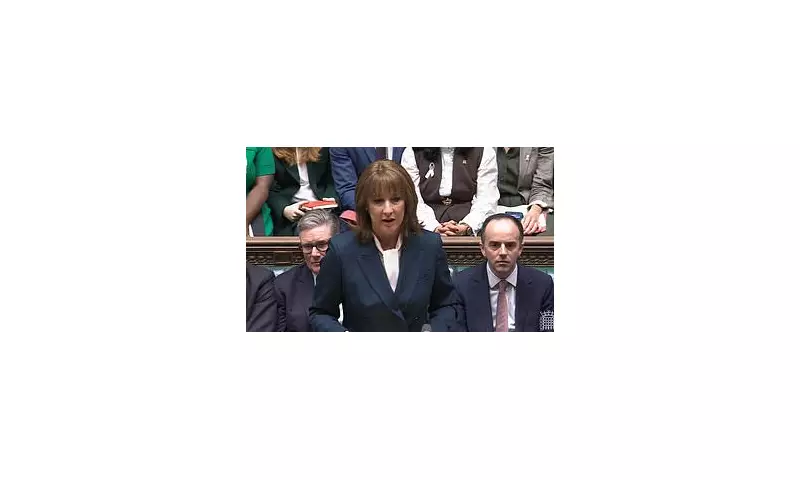
The government's independent spending watchdog has delivered a stark warning over Labour's strategy to tackle the small boats crisis and end the use of asylum hotels, casting significant doubt on its proposed timeline.
Budget Watchdog Identifies Major Financial Risk
The Office for Budget Responsibility (OBR) has officially categorised the plan as a 'spending risk', indicating that the timescale to address the Channel migrant crisis is now highly uncertain. This assessment opens the prospect of the Home Office needing to find an additional £1.4 billion per year by 2028/29 if asylum spending continues at its current rate.
This potential shortfall might force the department to slash budgets elsewhere, potentially impacting policing and other vital public services under its remit. The OBR's concern stems from rising numbers, with small boat arrivals and asylum seekers in supported accommodation up by 19% and 8% respectively compared to the previous year.
Soaring Costs and a Damning Verdict
The financial pressure is immense. According to a National Audit Office report highlighted by the OBR, spending on asylum accommodation—including hotels—is forecast to triple from £4.5 billion to £15.3 billion over the next decade. Current data reveals the scale of the issue: as of June, 32,000 migrants were living in hotels at a cost of £5.5 million per day, or £2.1 billion annually.
Conservative MP Nick Timothy seized on the figures, stating, 'Labour said they'd smash the gangs, stop the crossings and close the hotels. Now they plan to more than triple accommodation spending for illegal immigrants.' This criticism follows a damning report from MPs which found the Home Office had 'squandered' billions on asylum hotels through a 'manifest failure' and 'incompetence' in managing contracts.
Labour's Alternative Plans and Challenges
In response to the crisis, the government is pursuing alternative accommodation strategies. Plans are advancing to house migrants in unused military bases, with two new sites set to open and at least six more under consideration by ministers. A list of potential locations from Surrey to Cumbria has been compiled by the Ministry of Defence.
On the diplomatic front, Labour signed a 'one in, one out' treaty with France in July. This agreement allows the UK to return migrants who arrive by small boat in exchange for accepting an equal number who have applied through official channels. However, the deal has so far seen limited practical effect, with only 115 migrants sent back to France and 57 brought to the UK under its reciprocal terms.
With 39,292 small boat migrants having reached Britain so far this year—a 17% increase on the same period last year—the challenge remains formidable. This year's tally is already the second-highest on record, underscoring the persistent pressure on the UK's asylum system and public finances.





